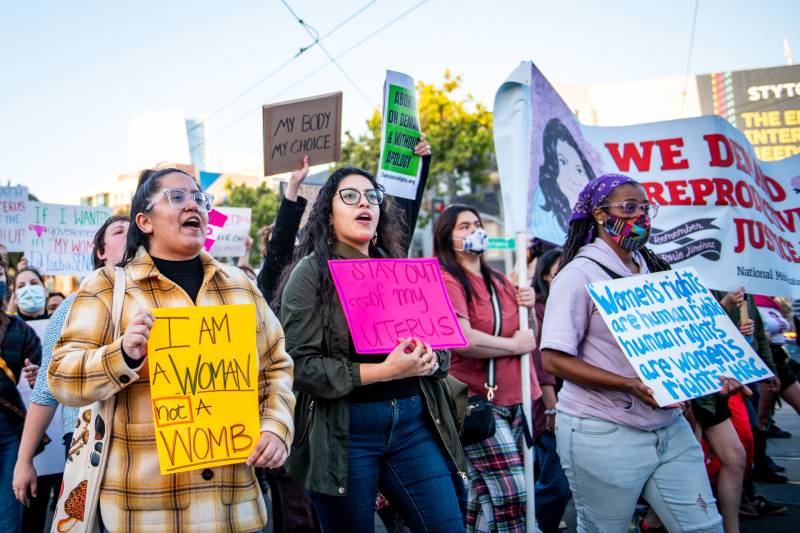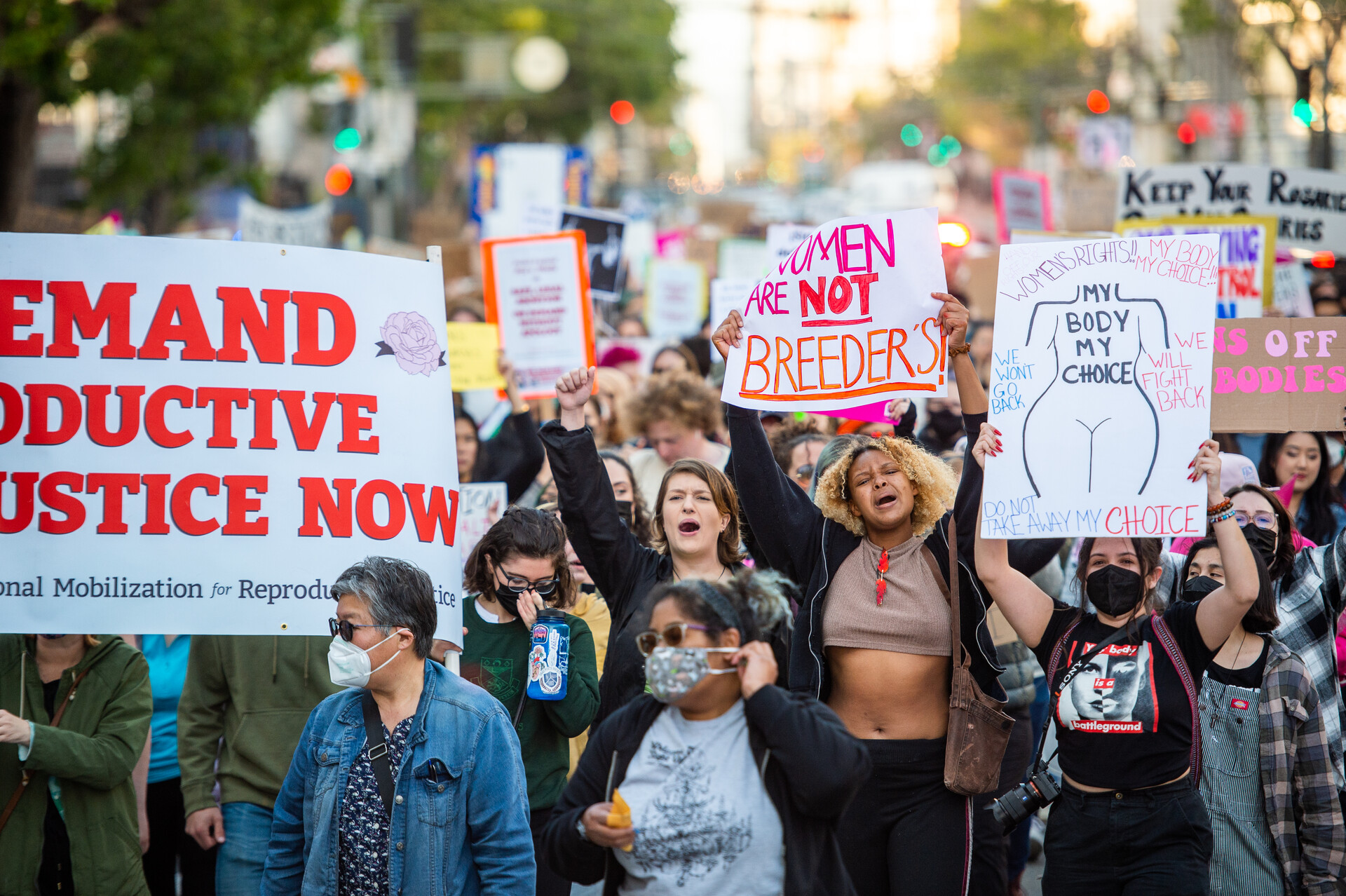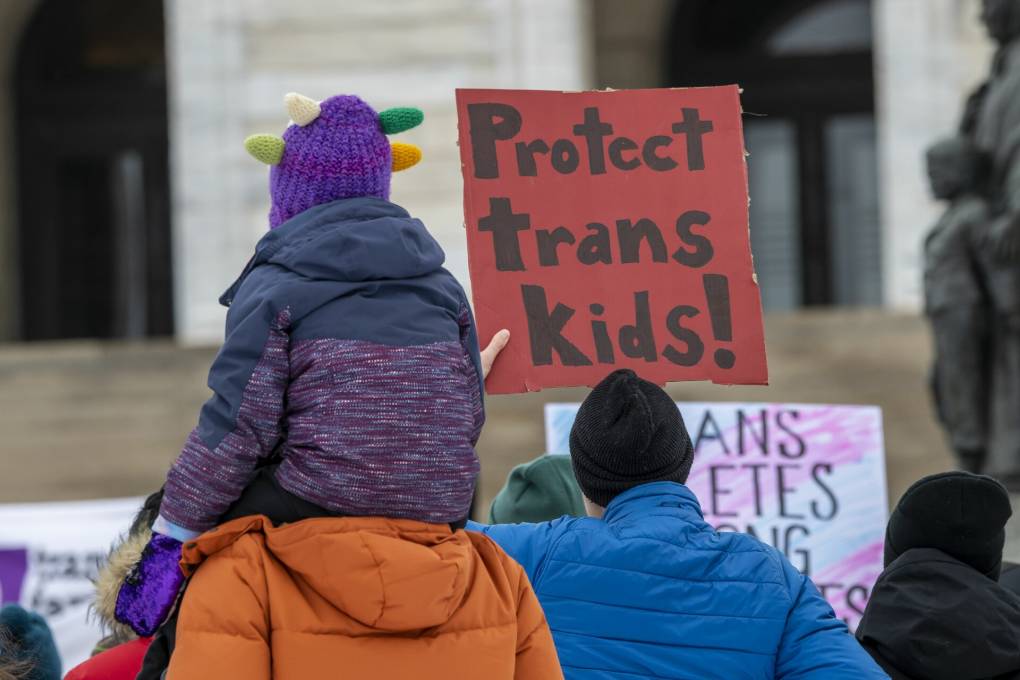Update, Friday June 24: The Supreme Court decision in Dobbs v. Jackson Women’s Health Organization, announced today, overturns Roe v. Wade and eliminates the constitutional right to an abortion.
California guarantees the right to abortion in statute and the state constitution. Our state’s abortion laws are the strongest in the United States. Both officials and abortion providers have made it very clear that abortion access in California will not change because of the U.S. Supreme Court’s decision. Read more about the overturning of Roe v. Wade.
Original story:
Earlier this week, a draft of a U.S. Supreme Court opinion leaked to Politico suggested that the court’s conservative majority is on the verge of overturning Roe v. Wade, the landmark 1973 decision that guaranteed the federal constitutional right to an abortion.
If Roe v. Wade is overturned, the impact on abortion access would be most immediately felt in those states where leaders have already made clear their intention to restrict abortion, or ban it altogether.
Communities of color and queer people in those states — specifically transgender people — would be especially affected if Roe v. Wade is revoked, advocates say.
"We see reproductive rights and abortion rights [as] central to the queer community and not something separate from the queer community," said Rebecca Rolfe, executive director of the San Francisco LGBT Community Center.
The leaked draft opinion and the legal argument it's based on also are raising deep concern about future effects on other rights Americans hold — including marriage equality, access to contraception and interracial marriage.
On Tuesday, President Joe Biden said he believed the reasoning contained in the draft opinion "would mean that every other decision related to the notion of privacy is thrown into question."



